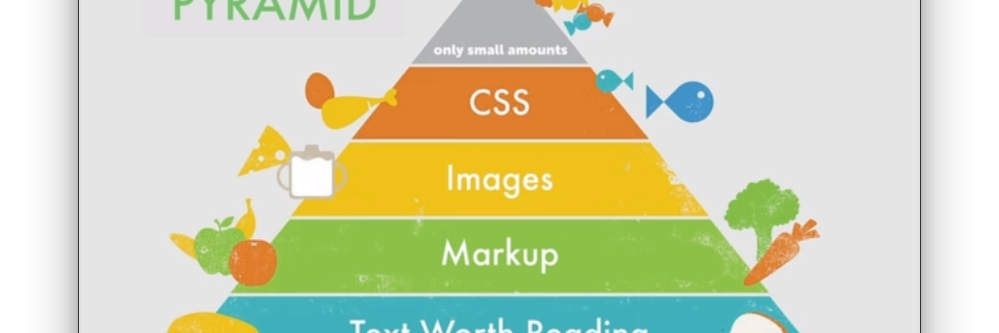


A browser developer posting mostly about how free software projects work, and occasionally about climate change.
Though I do enjoy german board games given an opponent.
Pronouns: he/him
This profile is from a federated server and may be incomplete. Browse more on the original instance.